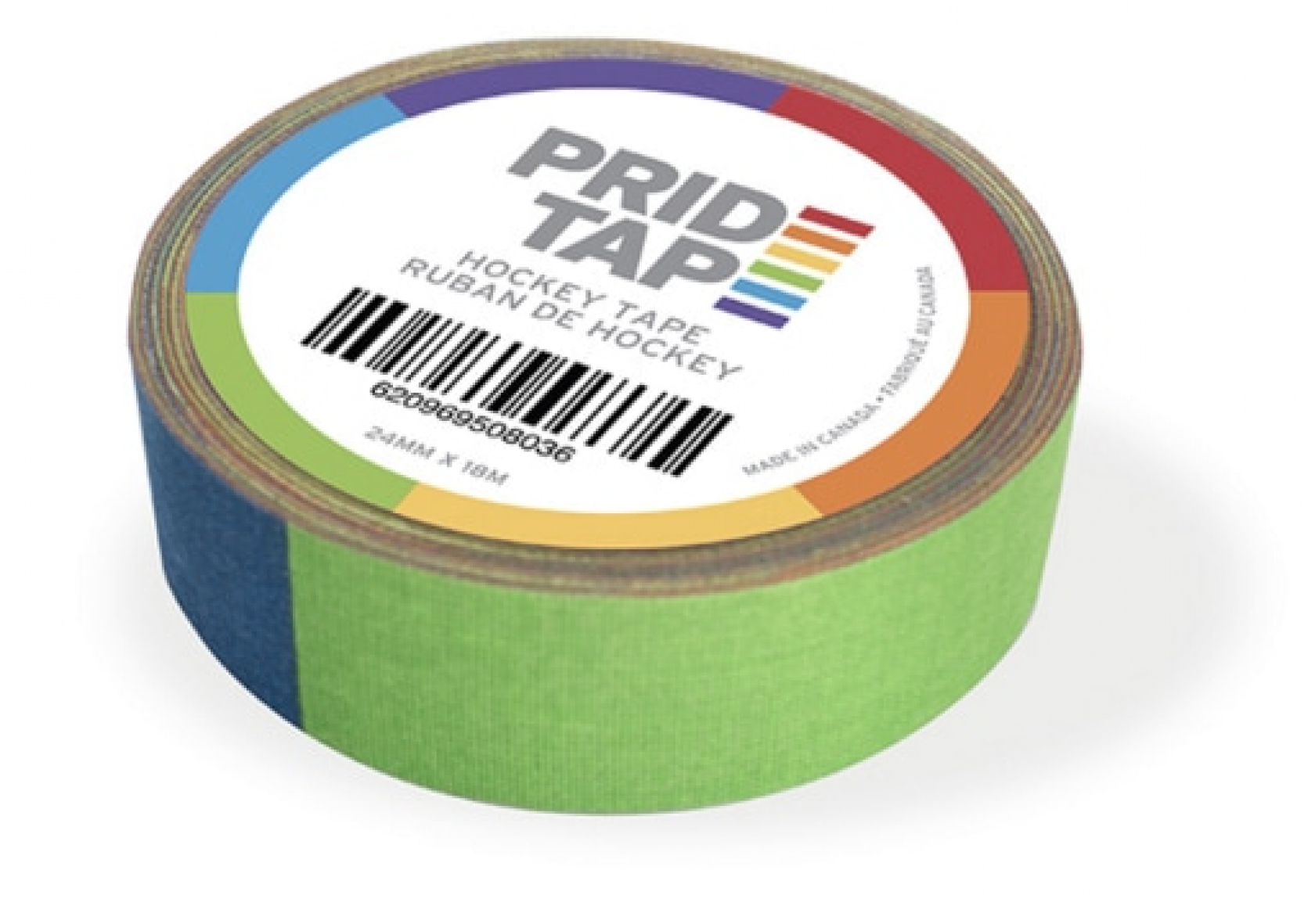Moving the Needle
Sometimes, social behaviour change campaigns are literally about moving the needle — like encouraging vaccinations amongst hesitants, holdouts, and curmudgeons.
But success isn't measured by clicks, views, or impressions. It's measured in curbing, positively changing, or evolving behaviour. A process that takes time for individuals, and even longer for groups. Behaviours don’t change overnight and it often requires ongoing maintenance and support to ensure long-term change. It's important to have a partner that understands that and creates campaigns built to last.



















